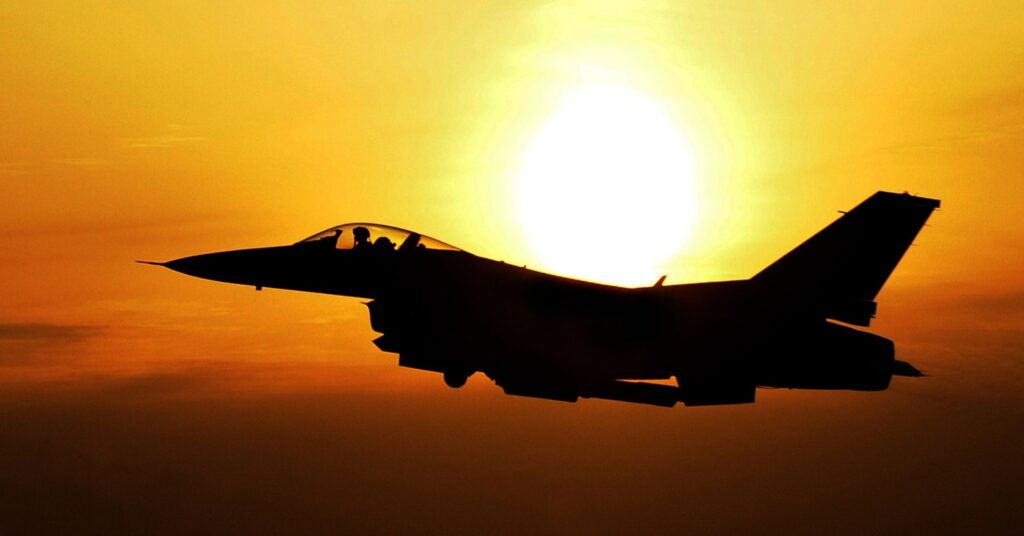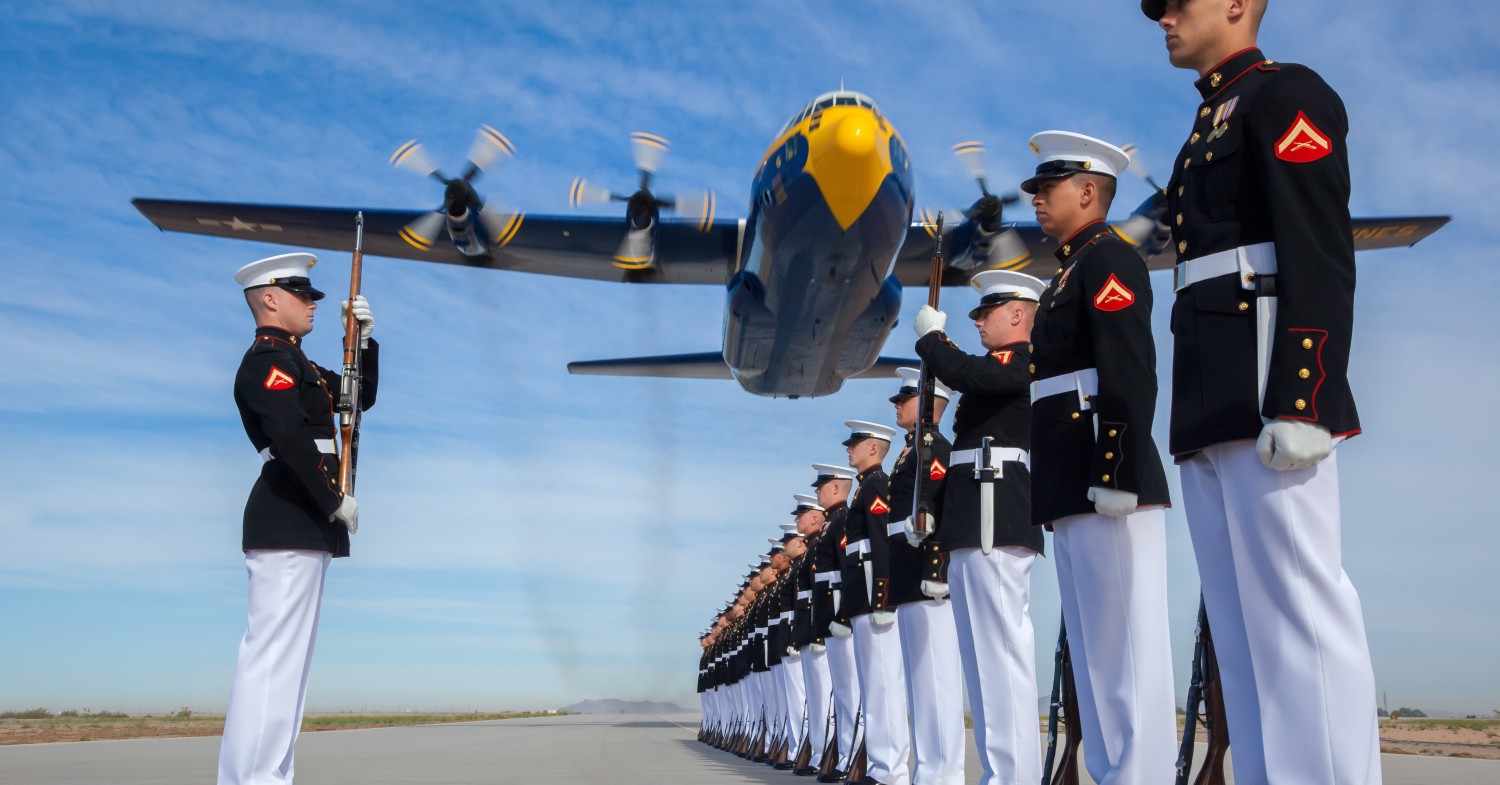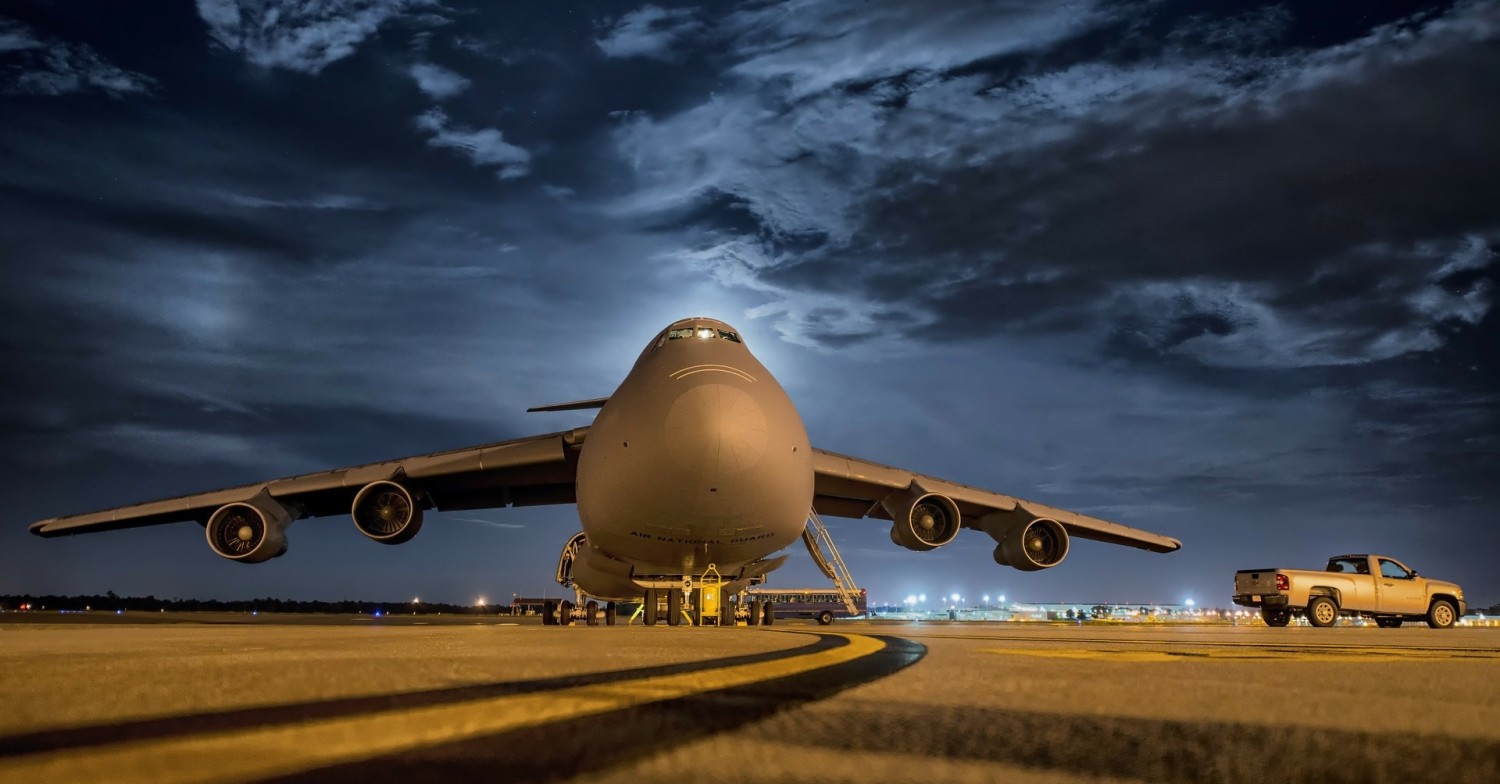
Who Needs an Aerospace and Defense MBA?
Anyone with professional military, A&D industry, or business experience interested [...]

Despite expansive growth across aerospace and defense in recent years–the industry netted $697 billion in revenue in 2021–leading companies still struggle to find professionals with the business acumen and defense expertise to manage and guide their businesses. In its report on the aerospace and defense industry talent shortage, consulting firm Korn Ferry noted that finding qualified professionals has proven increasingly difficult, especially given the field is “predominantly populated by an aging workforce approaching retirement and interest in aerospace and defense careers is declining.”
Individuals interested in joining an industry with increasing domestic and global demand–alongside obvious security implications–have the opportunity to address shifting markets, capture growth from competition, and lead companies through a season of complex change. All they need are the appropriate experience and credentials to earn their slot among leadership.
An Aerospace and Defense MBA can help get you there. This article reviews what you’ll learn in an Aerospace and Defense MBA program and also discusses:
Earning an Aerospace and Defense MBA provides an in-depth understanding of supply chain management, human resources, program management, and leadership valued by many A&D organizations. These programs, whether offered as a traditional or executive MBA, also provide the opportunity to build work experience through innovative projects with industry leaders.
Many prominent positions exist within the A&D industry for those who complete a Master of Business Administration, and these roles tend to offer more responsibilities and higher pay compared to jobs for those with bachelor’s degrees. Completing an Aerospace and Defense MBA certainly does not offer the only path into the discipline, but professionals with the skills gained in these programs are in demand.
Some individuals may feel more drawn to an engineering degree, as the field also relies heavily on professionals who can develop prototypes, engineer emerging technologies, and troubleshoot problems with existing aerospace products. Even for engineers, however, an MBA adds value. In reviewing data provided by the Bureau of Labor Statistics, mechanical engineers earned median annual salaries of $95,300 in 2021; meanwhile, engineering managers took home median wages of $152,350.
Completing an aerospace and defense MBA program qualifies graduates to take on many managerial roles focused on expansion and industry development. According to The University of Tennessee-Knoxville’s alumni statistics, nearly 90 percent of its A&D MBA graduates received a promotion within two years of completing the program.
You can choose from jobs in varied sectors, including civilian jobs at the Department of Defense (DoD), armed forces jobs for active service members, and positions at private defense organizations such as Garmin Aviation or Boeing.
Areas in which graduates may work at the DoD include acquisition and contracting, business and industry, program management and analysis, cyber and information technology, financial management, human resources, logistics, and quality assurance. Many of these roles require advanced business acumen. Employers seek candidates with knowledge tailored to the defense industry.
Graduates who decide to pursue jobs in the private sector can find work in areas such as production operations, enterprise operations, business analytics, management, material and distribution, or program planning and management. For individuals who previously served in the military and now want to transfer to a civilian post, companies like Raytheon Technologies and Lockheed Martin provide specific employment pathways for military veterans.
| University and Program Name | Learn More |
|
Pepperdine University:
Online Master of Business Administration
|
|
|
Pepperdine University:
Online Master of Science in Management and Leadership
|
|
|
Stevens Institute of Technology:
Online Master of Business Administration
|
|
|
Merrimack College:
Master of Science in Leadership
|
|
|
Merrimack College:
Master of Science in Management
|
|
|
The University of Tennessee:
Online Master of Business Administration
|
Traditional MBA programs unquestionably provide the real-world knowledge needed to take on myriad business positions in varied industries and sectors. That said, MBA programs that provide concentrations offer the opportunity for students to build specialized skills and knowledge in niche areas.
Earning an Aerospace and Defense MBA signals to recruiters and hiring managers that graduates possess a nuanced understanding of the challenges and opportunities present in the discipline. It also tells them that you can leverage traditional business tools to address both.
If you decide to complete an Aerospace and Defense MBA at The University of Tennessee-Knoxville (UTK) or The University of Oklahoma (UO), prepare to be immersed in cutting-edge training and opportunities to put newly developed skills to work in real-life professional partnerships.
The two aerospace and defense MBA programs currently available are both offered on an accelerated basis, allowing students to complete all degree requirements in 12 months. Neither is strictly speaking an online MBA; coursework is taught though both online distance learning and in-person residencies, making these hybrid programs. This approach affords flexibility while also facilitating in-person learning and networking with industry professionals.
At UTK, students participate in five residency periods across the program, including four weeklong programs held at the Knoxville campus. In the middle of the program, students participate in a weeklong industry immersion residency that allows them to work directly with an industry-leading aerospace and defense corporation. At UO, learners complete two one-week residencies at the Oklahoma City campus as well as a study abroad component that helps them build a global understanding of the industry.
Enrolling at UTK’s Price College of Business also entails an organizational action project. Students partner with their organizations’ leaders to design a project that addresses areas of significant growth or development. Within the last five years, graduates have often generated up to $17 million in new revenue or saved as much through cost reduction programs.
According to OU, students complete 32 credit hours via eight-week courses on topics such as managing aerospace and defense government contracts, global aerospace and defense strategy, and information technology in aerospace and defense, among others.
Both the Executive MBA at OU and the Aerospace and Defense MBA (ADMBA) at UTK seek experienced candidates with several years of professional work on their resumes. At OU, candidates should possess at least five years of full-time experience before applying.
While UTK does not specify a minimum number of years, applicants must confer with an admissions officer to determine whether they are at the place in their career to succeed in the program. They must also supply a letter of endorsement from their current employer. While both programs prefer candidates with some defense industry experience, they do not consider it a dealbreaker for qualified applicants looking to enter the field.
Admission requirements vary between the two programs, but shared components include:
UTK applicants must also provide a support letter from their employer along with two references. Those with fewer than 10 years of work experience must also supply GRE or GMAT scores. OU does not currently require this step, but it does ask students to participate in an invitation-only admissions interview.
UTK limits enrollment to between 30 and 35 students per year to ensure degree-seekers receive an intimate learning experience that allows for personalized coaching and meaningful assignments. The department works diligently to provide a diverse student body, with enrolled students ranging from early-career to senior-level professionals.
UTK emphasizes that the program looks for leaders; to that end, recently admitted learners include those from the U.S. Army and Air Force, NASA, Garmin, Raytheon, and Boeing, among others. Designated as a Military Friendly Gold School, UTK also provides a wide spectrum of resources to support active duty servicemembers and veterans.
Questions or feedback? Email editor@noodle.com

Anyone with professional military, A&D industry, or business experience interested [...]

A&D MBA programs prefer students with industry or military credentials [...]

Both the military and the aerospace and defense industries need [...]
Categorized as: Aerospace, Business Administration, Business & Management